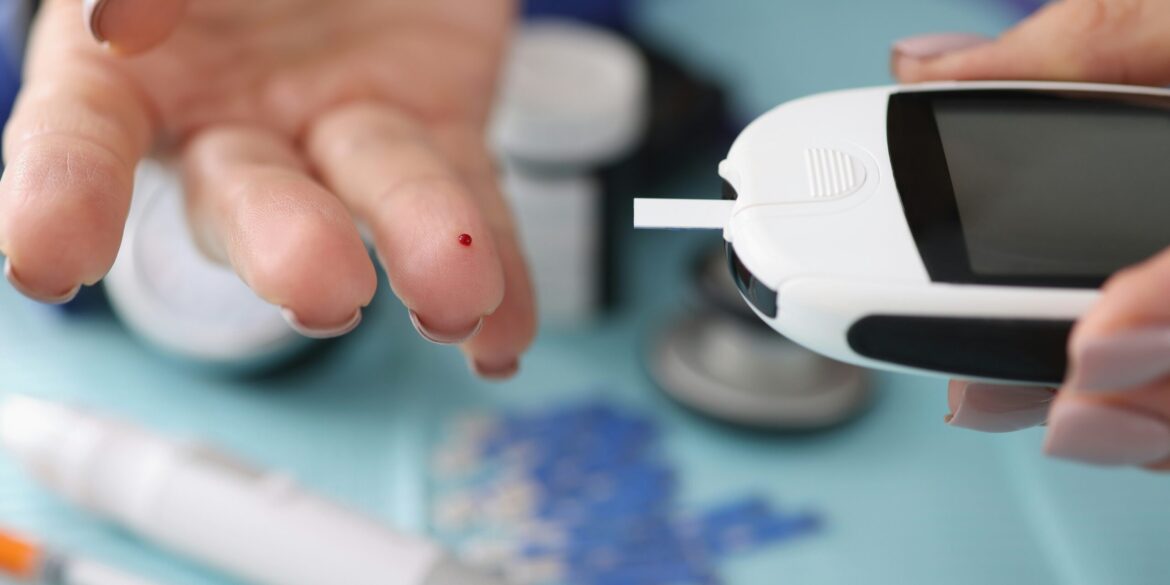In what experts are calling a landmark achievement in the fight against type 1 diabetes, researchers announced results from a small but groundbreaking clinical trial showing that most patients treated with an experimental cell therapy were able to stop taking insulin altogether—and remained insulin-independent a year later. Of the twelve participants in the trial, ten achieved sustained freedom from supplemental insulin, an outcome that could reshape the future of diabetes management.
The therapy centers on implanting engineered cells that can sense glucose levels and produce insulin in response, effectively replicating the natural function of the pancreas. Unlike traditional treatments, which rely on patients to monitor blood sugar and administer insulin manually, this approach allows the body to self-regulate. Researchers highlighted that the durability of the results over a full year is a crucial marker of success, as many early experimental treatments have struggled to maintain their effects over time.
Type 1 diabetes, an autoimmune condition in which the body’s immune system destroys insulin-producing cells in the pancreas, affects more than 1.6 million Americans. Patients must carefully manage blood glucose levels with frequent monitoring and daily insulin injections or pumps, a regimen that can be burdensome and prone to dangerous complications. For decades, researchers have pursued alternatives that could restore natural insulin production, including pancreas and islet cell transplants, but these have faced barriers such as limited donor availability and the need for life-long immune suppression.
This latest trial represents a major step toward overcoming those challenges. The engineered cells, derived from stem cell technology, are designed not only to produce insulin but also to be shielded from immune attack. Scientists say this dual innovation—restoring function while protecting the therapy from rejection—marks a pivotal advance. If validated in larger trials, the therapy could reduce or even eliminate the daily struggle millions of people face in managing their disease.
Read Also: https://goodmorningus.com/ai-breakthrough-transforms-cancer-immunotherapy-research/
Researchers involved in the study have expressed cautious optimism. They emphasize that the trial is still in its early stages and involved a small group of patients, meaning broader safety and effectiveness must be confirmed through larger, longer-term studies. Still, the fact that most participants remained off insulin a year after treatment offers evidence of the therapy’s durability and potential scalability. Plans are already underway for expanded clinical trials that will involve hundreds of patients across multiple sites worldwide.
The implications extend well beyond individual patient convenience. Type 1 diabetes places significant financial strain on healthcare systems, with costs tied to hospitalizations, complications, and the ongoing price of insulin, which has been a flashpoint in U.S. policy debates for years. A successful therapy that reduces or eliminates the need for insulin injections could ease this burden dramatically. Moreover, the quality-of-life improvements for patients—freedom from daily injections, fewer blood sugar fluctuations, and reduced risk of long-term complications such as kidney failure and nerve damage—could be life-changing.
For patients like those enrolled in the trial, the results represent a long-awaited ray of hope. Many have lived for years, even decades, with the daily demands and anxieties of managing a condition that offers no remission. To hear that cell therapy might offer a lasting solution has been described as nothing short of revolutionary by advocacy groups and clinicians. “This could fundamentally change the way we think about type 1 diabetes,” said one endocrinologist familiar with the study. “It’s not just about better management—it’s about restoring function.”
The announcement also fits into a broader wave of innovation in cell and gene therapy. Similar approaches are being tested for conditions such as Parkinson’s disease, sickle cell anemia, and certain cancers, signaling a new era of medicine where cellular engineering could correct or replace failing biological functions. For diabetes specifically, the field has seen incremental advances in closed-loop insulin pumps and continuous glucose monitors, but none have fully freed patients from dependence on artificial insulin. This latest trial suggests that reality may be closer than ever before.
Still, challenges remain. Researchers must demonstrate that the therapy can be produced at scale, remain safe in diverse patient populations, and withstand the immune system’s complex defenses over many years. Regulatory approval will hinge on rigorous evidence, and costs will need to be addressed to ensure accessibility. Experts caution that while the findings are exciting, it may take several more years of testing before such treatments could become widely available.
Even so, the optimism is palpable. Advocacy organizations have hailed the study as one of the most promising developments in type 1 diabetes research in decades. Patients and families are watching closely, aware that the potential of living without insulin could transform not only daily routines but life expectancy and overall health outcomes.
The trial’s success offers a glimpse of a future where type 1 diabetes is no longer managed through constant vigilance but instead treated with a durable therapy that restores the body’s natural rhythms. For millions of patients, the possibility of such a future is both inspiring and deeply personal.

